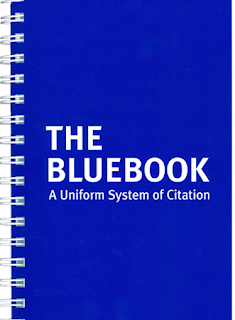A Collection Of Helpful Tidbits
Here is a collection of helpful tidbits: WestlawNext has a new feature in KeyCite. There is a new Blue Striped KeyCite flag which will pick up State Supreme Court cases that are appealed to the U.S. Supreme Court. The new blue-striped flag appears in the results list and at the top of a case. The flag will be added to any case appealed to the U.S. Courts of Appeals or the U.S. Supreme Court, including those appealed from state supreme courts. After 6 years in beta, Gmail formally added the undo sent function. The new tool allows users to choose a delay time from 5 to 30 seconds in case of a change of heart. Atlantic Media's business news website, Quartz , has recently introduced a search engine for the thousands of bar and line charts that Quartz journalists have made since its introduction in 2012. Who knows when and where this information will come in handy. Now you know!
